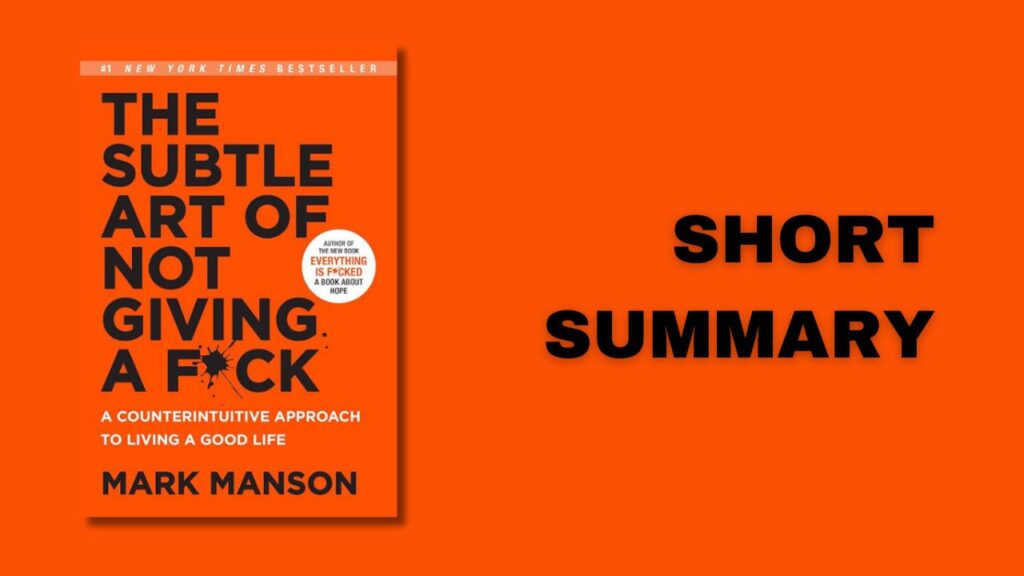“The Book of Secret Wisdom: The Prophetic Record of Human Destiny and Evolution” is a spiritual text believed to contain ancient knowledge that has been passed down through time. It is said to be a part of the ancient teachings from the Book of Dzyan, a mystical work that Helena Blavatsky, a 19th-century spiritualist, referred to in her writings. The book provides a deep look into the esoteric wisdom concerning the origins of humanity, the universe, and the spiritual evolution of consciousness.
Chapter 1: The Creation of the Universe and Humanity
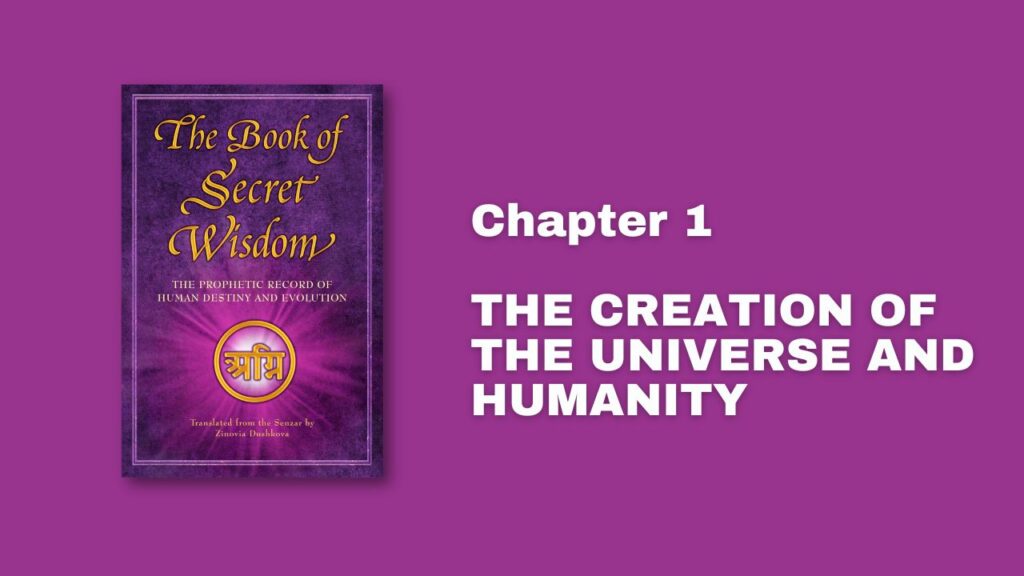
The book begins by exploring the origin of the universe. It describes the process by which the cosmos and everything in it came into being. This is tied to a grand spiritual plan, where the universe is seen as an expression of divine will. Humanity, in this context, is created as a reflection of this divine order, with a specific purpose in the grand design.
Think of the universe as a massive painting created by a divine artist. Every stroke in this painting has a purpose, and we, as humans, are a part of this artwork. Our existence isn’t random; it’s part of a larger, meaningful pattern. Understanding this allows us to see ourselves as valuable parts of the universe.
Chapter 2: The Evolution of Consciousness
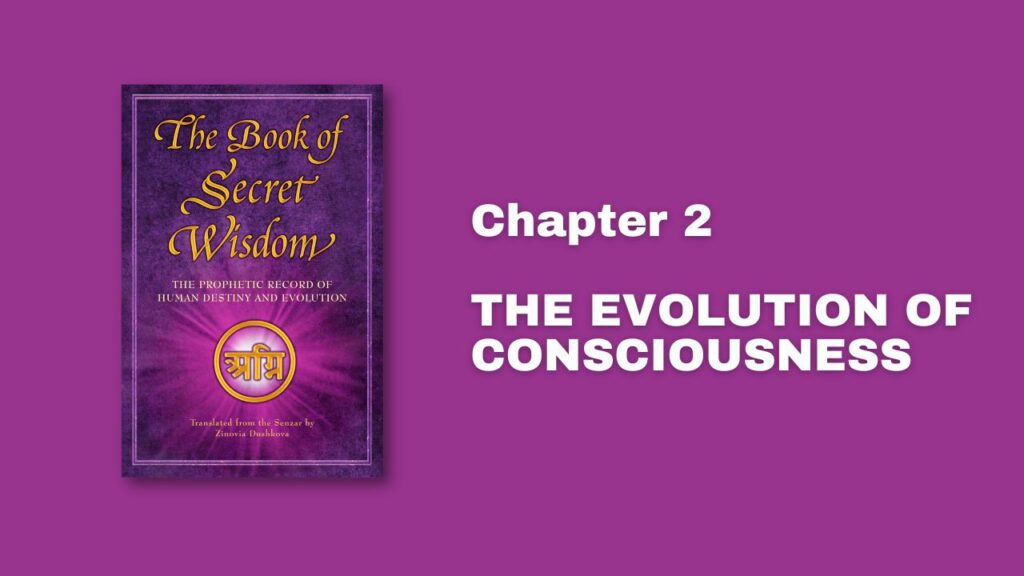
The book teaches that human consciousness evolves over time. This evolution is not just biological but also spiritual. It outlines different stages of human development, where each stage brings humanity closer to a higher state of awareness and understanding of the divine nature.
Imagine your consciousness as a seed that grows into a tree. As you go through life, you gain experiences and wisdom, which helps your consciousness grow and evolve. The more you understand and connect with deeper truths, the closer you get to your higher self, which is your most enlightened state.
Chapter 3: The Cycle of Reincarnation

Reincarnation is a key concept in the book. It explains that the soul undergoes multiple lives, each one a step in its journey toward enlightenment. Each life is an opportunity to learn lessons and correct mistakes from past lives, gradually refining the soul.
Think of life as a school, and each incarnation is a different grade. You keep returning to learn new lessons and improve yourself. If you don’t pass a particular lesson in one life, you get another chance in the next. The goal is to graduate by reaching enlightenment, where your soul no longer needs to reincarnate.
Chapter 4: The Law of Karma
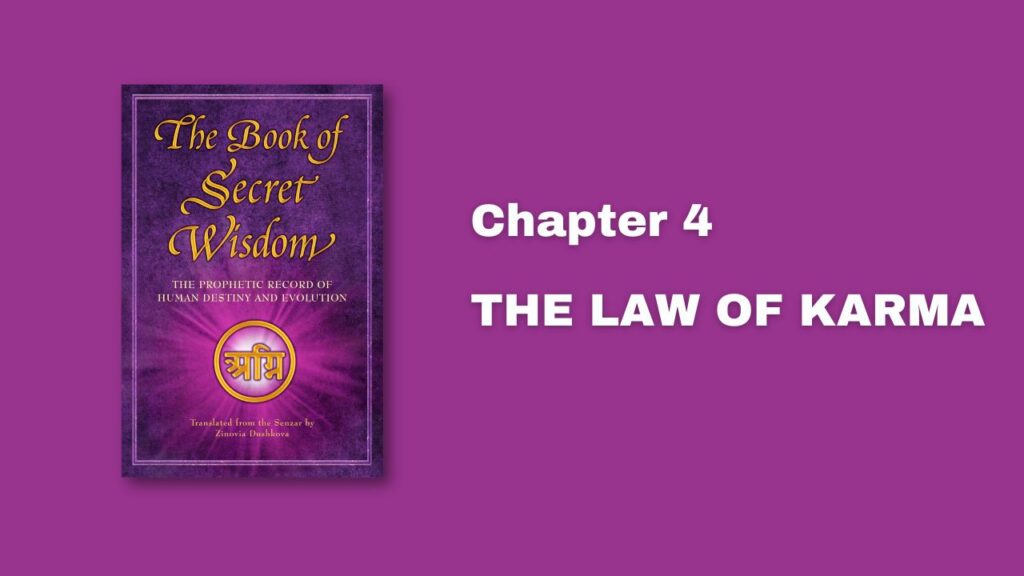
Karma is described as a universal law of cause and effect. The book explains that every action has a consequence, and this applies to both good and bad deeds. The balance of these deeds affects the soul’s journey and its future incarnations.
Karma is like planting seeds. If you plant good seeds (positive actions), you’ll grow good fruit (positive outcomes). If you plant bad seeds (negative actions), you’ll get weeds (negative outcomes). The idea is to be mindful of your actions, as they shape your future experiences.
Chapter 5: The Role of Free Will

While the book acknowledges the presence of a divine plan, it also emphasizes the importance of free will. Humans are not merely puppets; they have the ability to make choices that affect their destiny. This free will allows individuals to either align themselves with the divine plan or go against it, with consequences that follow.
Imagine life as a river. The current represents the divine plan, guiding you toward your ultimate destination. However, you have the ability to swim in different directions. You can go with the flow, making your journey smoother, or you can swim against it, making things harder for yourself. Your choices determine how you experience the journey.
Chapter 6: The Purpose of Suffering
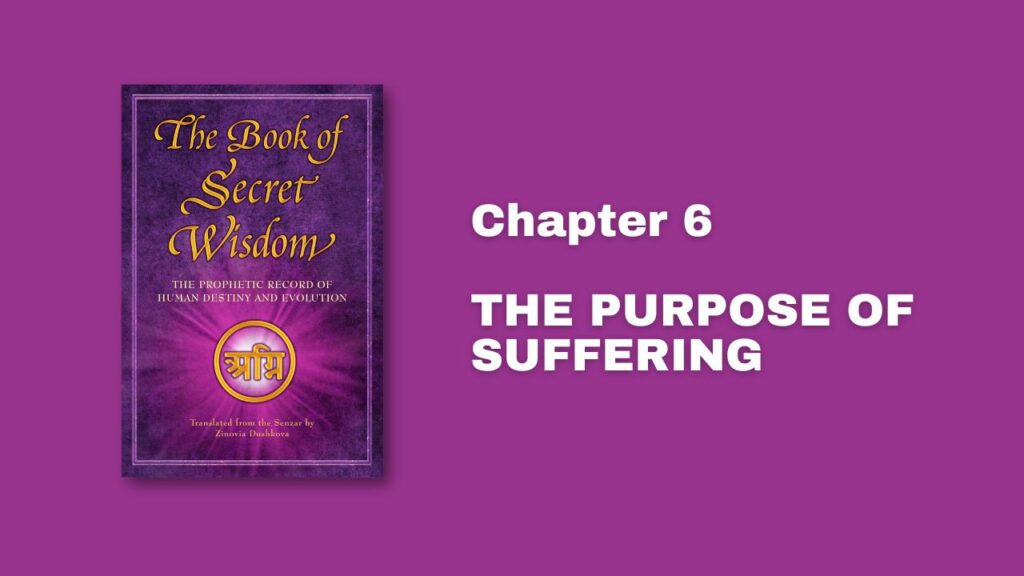
The book offers a spiritual perspective on suffering, viewing it as a necessary part of the soul’s growth. Suffering is seen as a catalyst for transformation, pushing individuals to evolve and learn important life lessons that they might not otherwise encounter.
Think of suffering as a tough teacher who challenges you to become stronger and wiser. Although it’s painful, it forces you to grow in ways that comfort and ease cannot. By enduring and learning from suffering, you come out on the other side as a more enlightened and compassionate person.
Chapter 7: The Role of Spiritual Masters

Spiritual masters, or enlightened beings, play a crucial role in guiding humanity. They act as teachers and helpers, offering wisdom and support to those who seek to evolve spiritually. The book highlights the importance of these masters and the guidance they provide.
Spiritual masters are like mentors in the school of life. They’ve already graduated from the lessons we are currently learning, and they help guide us through the challenges. By listening to their teachings and following their example, we can navigate life’s difficulties with more clarity and purpose.
Chapter 8: The Future of Humanity
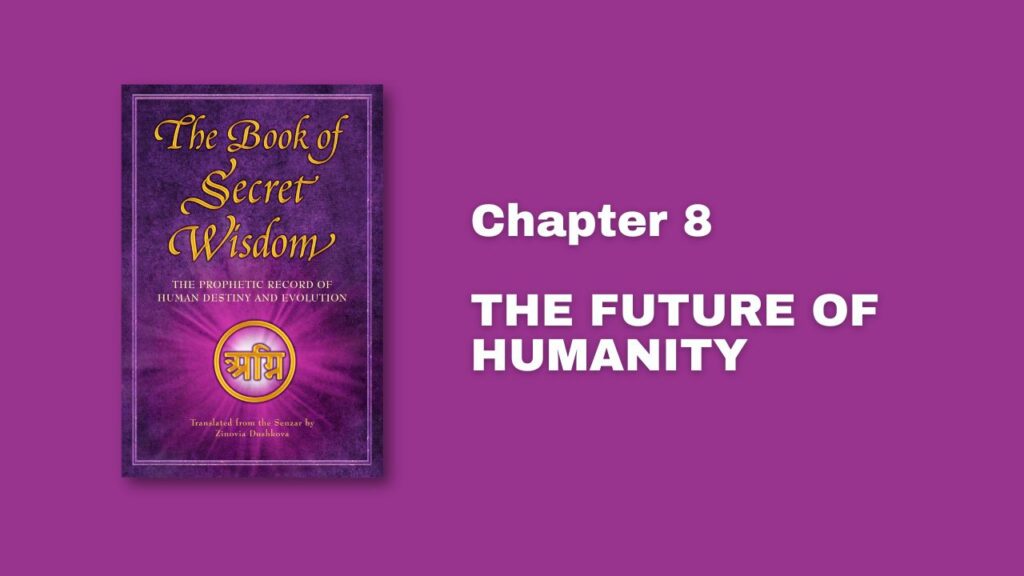
The book concludes by discussing the future of humanity. It suggests that humanity is on the brink of a significant spiritual awakening, where people will begin to understand their true purpose and potential. This awakening will lead to a new era of peace, wisdom, and harmony.
Imagine humanity as being at a crossroads. We are on the verge of a great realization, where we will wake up to our true nature and purpose. This awakening will bring about a positive transformation in the world, leading to a future where people live in harmony with themselves, each other, and the universe.
Conclusion:
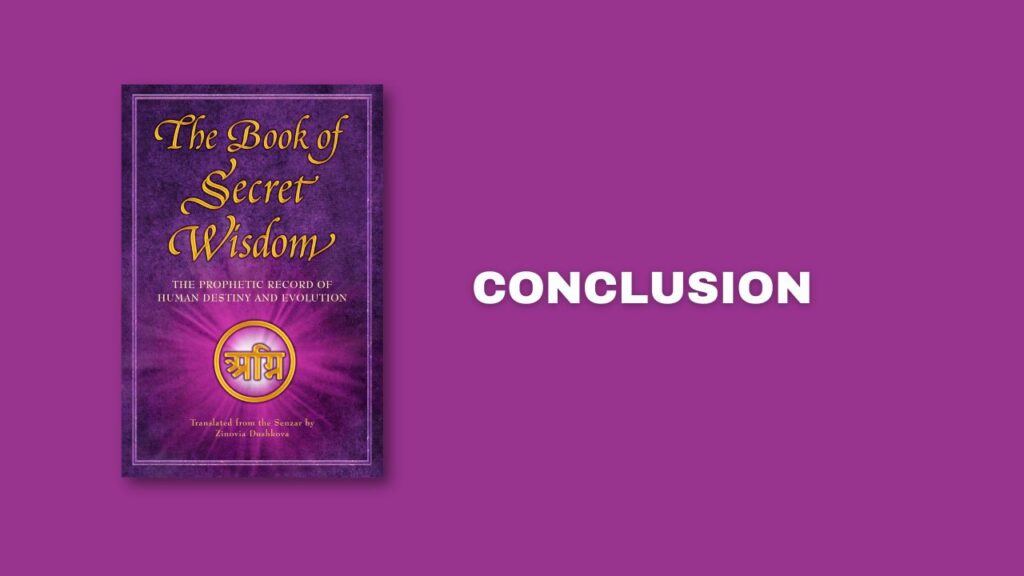
“The Book of Secret Wisdom” offers a roadmap for spiritual growth, encouraging readers to look beyond the material world and understand the deeper, spiritual purpose of life. By aligning with the divine plan, evolving consciousness, and learning from life’s experiences, individuals can progress on their spiritual journey and contribute to the greater good of humanity. The book serves as a guide for those who seek to understand the mysteries of existence and fulfill their highest potential.
Download in PDF
Read more books summary like this
Think Like a Monk
By Jay Shetty
Unfu*k Yourself
By Gary John Bishop
22 Immutable Laws of Marketing
By AL Ries & Jack Trout
The Subtle Art of Not Giving a Fu*k
By Mark Manson
The Secret
By Rhonda Byrne
Think Like an Entrepreneur
By Beverly E. Jones
The 48 Laws of Power
By Robert Greene
How They Succeeded
By Orison Swett Marden
Thinking Fast and Slow
By Daniel Kahneman






